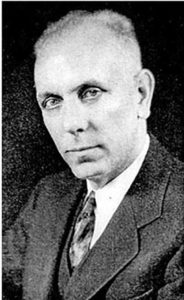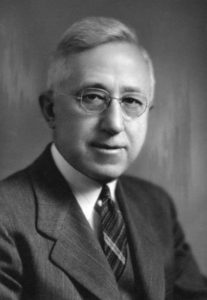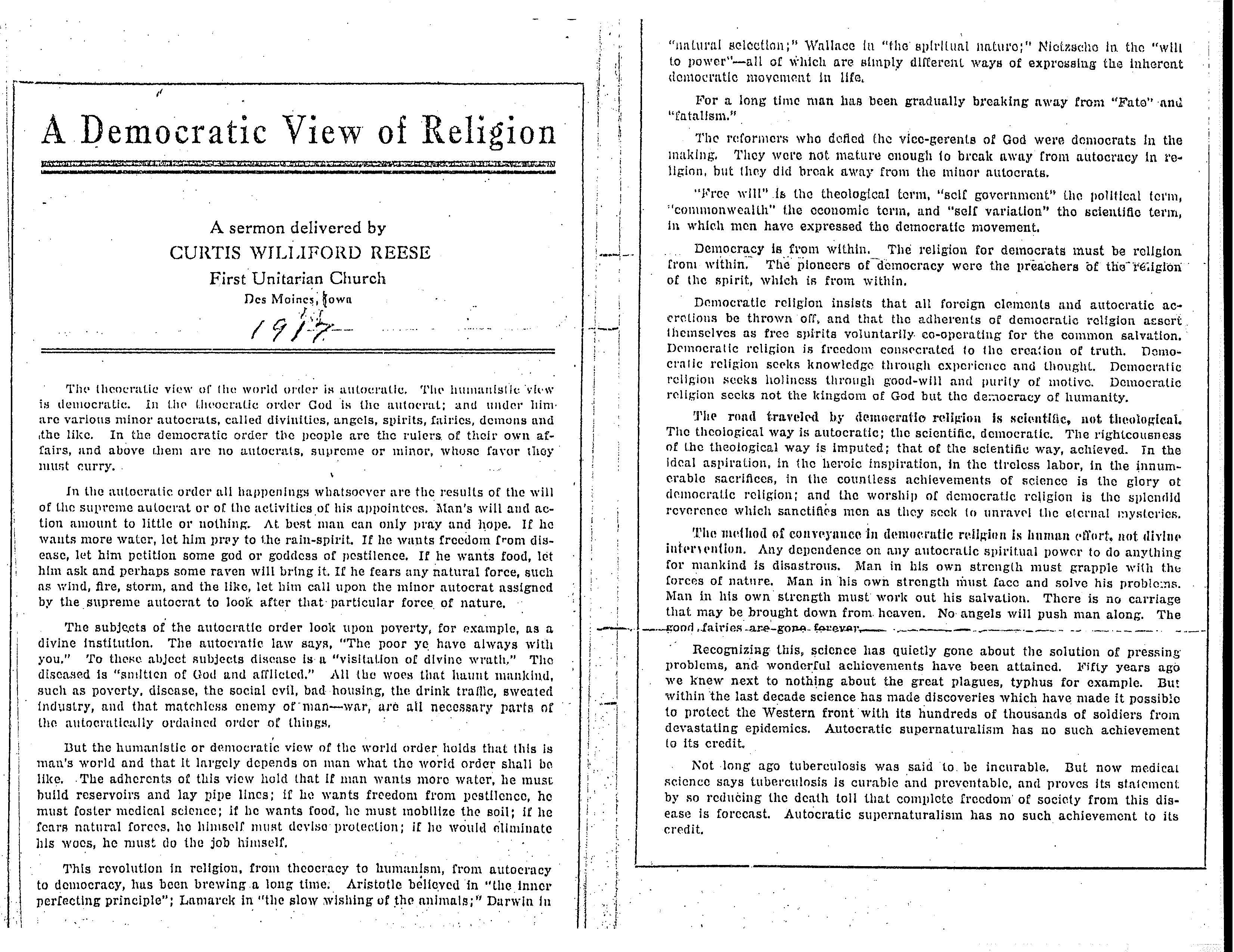What’s in the Name? All of Us Celebrating a century of humanism
THE OLDEST RECORDED DESCRIPTION of the philosophy of life we call “humanism” was first articulated by the Greek philosopher Epicurus, who lived from 341 until 270 BCE. His philosophy, which subsequent philosophers have labeled “hedonism,” centered on each of us maximizing our life here on Earth instead of our life being regulated by the gods. His teaching was spelled out in detail in a poem written by Lucretius (who lived from 99 to 55 BCE) called “On the Nature of Things.” This poem was discovered in the Vatican archives by a secretary to the pope who translated it into Latin early in the 1400s. Lorenzo de Medici, who then ruled Florence, read his translation, and the Medici family adopted Epicurus’s philosophy of life as their own. It became the cultural lifestyle for the region and, as a result, was the impetus for the Renaissance that brought our civilization out of the Dark Ages.

Curtis W. Reese
Our philosophy surfaced again, primarily with Unitarian ministers, in the early part of the twentieth century. One of those ministers was Curtis W. Reese of the First Unitarian Church of Des Moines, Iowa. Reese was intrigued enough with the concept that he considered giving a sermon to test this view of life with his congregation. He labeled his concept “A Democratic View of Religion” and showed a copy of his proposed sermon to John Dietrich, then minister of the Minneapolis Unitarian Church. Dietrich felt the title was a bit too long and suggested a single word: “Humanism.” That made sense to Reese and he delivered his sermon on the philosophy of humanism to the Des Moines congregation in 1917.
There’s no way to know the exact date Reese gave his sermon on humanism—the original typed copy only includes a handwritten year, 1917. Incidentally, I was president of the First Unitarian Church of Des Moines in 1971 and so I know that the church has a long-standing tradition of not meeting in the summer months from June through August. It’s more likely that Dietrich and Reese met in the summer in Minneapolis because going there in the winter isn’t high on most Iowans’ wish lists. Therefore, it is most likely that the sermon was delivered in early fall. It’s also the custom of this church to start the first Sunday of the fall with some subject that creates controversy, or peaks interest, to encourage attendance after the summer hiatus. I am fairly certain that Reese gave this sermon the first Sunday in September since this certainly would have been an attention getter, and it was important enough for Reese to ask Dietrich what he thought about it.

John Dietrich
I would love to have heard the congregation’s discussion afterward. “What do you mean God has outlived his/her usefulness?” “Can you believe what our minister just told us?” Remember, Iowa is the buckle of the Bible Belt; this sermon would have raised several members above their church pew.
More importantly this was the first time our philosophy was described as humanism, and the name took root. In his sermon, Reese said:
The theocratic view of the world order is autocratic. The humanistic view is democratic. In the theocratic order God is the autocrat; and under him are various minor autocrats, called divinities, angels, spirits, fairies, demons and the like. In the democratic order, the people are the rulers of their own affairs, and above them are no autocrats, supreme or minor, whose favor they must curry.
…the humanistic or democratic view of the world order holds that this is man’s world and that it largely depends on man what the world order shall be like.
…The road traveled by democratic religion is scientific, not theological.
…This revolution in religion, from theocracy to humanism, from autocracy to democracy, has been brewing a long time.
…For a long time man has been gradually breaking away from “fate” and “fatalism.”…The chief end of man, according to democratic religion, is to promote human welfare here and now.
Reese and Dietrich, together with thirty-two others, worked out the first Humanist Manifesto, which they each signed in 1933, solidifying their common belief. Humanism had arrived as a philosophy of life for today in our culture. Reese and Dietrich then went on to form the American Humanist Association in 1941.
A humanist philosophy of life had surfaced twice before, only to be lost—the first time for seventeen hundred years. The second time the philosophy was lost for five hundred years. We do not want to lose it again. We want the opportunity for our lineal descendants to know and to be able to live their lives as humanists, if they choose a life course that has no need for primitive myths that control through fear of an eternity in hell and promise a life after death for the devout.
Evolutionary biologist (and 1996 Humanist of the Year) Richard Dawkins tells us that religion survives today because it has become a meme that exists as a belief all by itself; it cannot be extinguished because memes evolve to absorb their critics. Humanism has not yet reached the level of a meme. It will take a unified effort just to carry the philosophy to the next generation. Hopefully by then everyone in our culture will at least know that humanism exists as an available alternative. Hopefully by then it too will have become a meme in our culture and enjoy a permanent life of its own.
Last summer my wife and I took a Viking river cruise from St. Petersburg to Moscow. Our wine steward was from Vladivostok, seven time zones east of Moscow, near the Bering Straits between Russia and Alaska. She told us she’d taken a college course in her home town that taught her about humanism. That really got my attention. Still, humanists have a long way to go to make our philosophy heard by all, including those in our family yet to be born. More than half of the congregation of the Des Moines Unitarian Church has no concept of the philosophy of humanism yet today, even though that is where we began our third revival. That tells us we humanists have a lot of work to do if we want our philosophy of life to survive.
You can make a difference. The American Humanist Association is successful today, in large part because 332 humanists since 1980 have thought enough of their philosophy of life that they each made a lifetime gift or a bequest from their estate, which together created the Humanist Foundation Fund. The AHA would not be as successful as it is today if these members had not cared and wanted to do their part to assure our voice would be heard by their children. The truth is that the AHA might not have survived were it not for the Humanist Foundation.
But the AHA did survive, and it was able to separate the editorship of the Humanist magazine from the daily effort required of the AHA executive director. This provided the director time to focus on growth and the effectiveness of the AHA in making our voice heard. We then had a separate editor for the Humanist to produce a magazine now read around the world. As a result, instead of only 30,000 people affiliated with the American Humanist Association, we now have over 500,000 with daily involvement. We were able to move our headquarters from Amherst, New York, to Washington, DC, where we have become actively involved with our government and its influence on our lives. Instead of a small building for our offices where people were working on top of each other, we now have a beautiful head-quarters less than a mile from the White House. The AHA has become a leader for change. Think what we can do to enlarge our influence if we have an even greater endowment available to provide the necessary funds for new programs and to allow for growth opportunities for those that will lead us into the future.
As an estate-planning attorney, I tell my clients that their children can spend 90 percent of their inheritance about as fast as they could spend all of it. If they leave 10 percent of their wealth to some tax-exempt nonprofit organization that extends the meaning of their own life, collectively with others they will be able to change the world in which their descendants live. And the tax deductibility of their gift means that our government is paying for part of their gift in the taxes it saves them or their estate.
It is now 100 years since our philosophy of life received its name, and there is so much left to accomplish. You too can participate in an acceptable form of “humanist immortality” because what you contribute will always be making a real difference in the lives of others. Together, let’s make humanism a meme with a permanent life of its own for our descendants to share.

